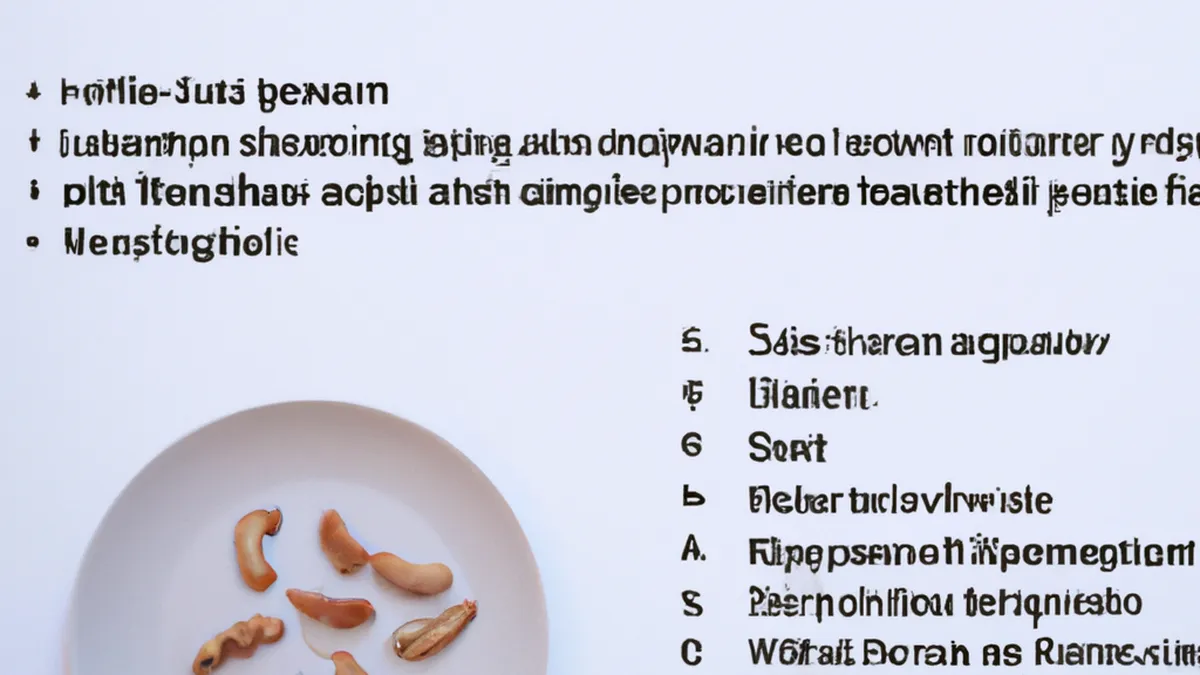Benefits of Fasting for Runners’ Gut Health
The Benefits of Fasting on Gut Health for Runners
Fasting has gained popularity among health enthusiasts and athletes, especially runners. This practice enhances physical performance and improves gut health. In this blog post, we will explore fasting benefits for runners. We will discuss the connection between fasting and gut health and provide practical tips for incorporating fasting.
Understanding Gut Health
Gut health refers to the balance of microorganisms in the digestive tract. These microorganisms, known as gut flora or microbiota, play a crucial role in digestion and immune function. For runners, maintaining a healthy gut is vital. A balanced gut enhances nutrient absorption, fueling your runs and promoting recovery.
A healthy gut also reduces inflammation, supports immune function, and improves mental clarity. Runners who maintain optimal gut health may experience better performance and overall well-being.
Why Fasting?
Fasting involves abstaining from food for a set period. Various fasting methods exist, including intermittent fasting, time-restricted eating, and extended fasting. Runners can benefit from fasting by giving their digestive systems a break.
During fasting, your body shifts focus from processing food to repairing and regenerating cells. This process, called autophagy, can improve gut health and performance. Fasting allows the gut to heal, leading to a balanced microbiome and fewer gastrointestinal issues during training and races.
Types of Fasting
Runners can consider several popular fasting methods:
1. **Intermittent Fasting (IF)**: Cycle between periods of eating and fasting. The 16/8 method involves fasting for 16 hours and eating during an 8-hour window.
2. **Time-Restricted Eating (TRE)**: Restrict eating to a specific timeframe each day. For example, eat only between noon and 6 PM.
3. **Extended Fasting**: Fast for 24 hours or more. This method can be challenging and requires caution, especially during intense training.
Tips for Fasting
1. **Start Slowly**: If new to fasting, begin with shorter periods. Try fasting for 12 hours overnight and gradually extend the duration.
2. **Stay Hydrated**: Drink plenty of water during fasting. Hydration maintains gut function and overall health. You can also consume herbal teas and black coffee.
3. **Listen to Your Body**: Monitor how fasting affects your energy levels, mood, and performance. If you feel fatigued, adjust your fasting routine.
Conclusion
Fasting offers numerous benefits for runners, particularly for gut health. By understanding and implementing fasting methods, runners can enhance their performance and overall well-being.
Below are related products based on this post:
FAQ
What is gut health and why is it important for runners?
Gut health refers to the balance of microorganisms in the digestive tract, which plays a crucial role in digestion and immune function. For runners, maintaining a healthy gut is vital as it enhances nutrient absorption, reduces inflammation, and improves mental clarity, ultimately contributing to better performance and overall well-being.
What are some common types of fasting that runners can try?
Runners can consider various fasting methods, including Intermittent Fasting (IF), where they cycle between periods of eating and fasting; Time-Restricted Eating (TRE), which restricts eating to a specific timeframe each day; and Extended Fasting, which involves fasting for 24 hours or more. Each method has its own benefits and challenges, so it’s essential to choose one that aligns with your training and lifestyle.
What are some tips for beginners who want to start fasting?
Beginners should start slowly by trying shorter fasting periods, such as fasting for 12 hours overnight and gradually increasing the duration. Staying hydrated is crucial, so drink plenty of water and consider herbal teas or black coffee during fasting. Additionally, it’s important to listen to your body and adjust your fasting routine based on how it affects your energy levels, mood, and performance.















Post Comment